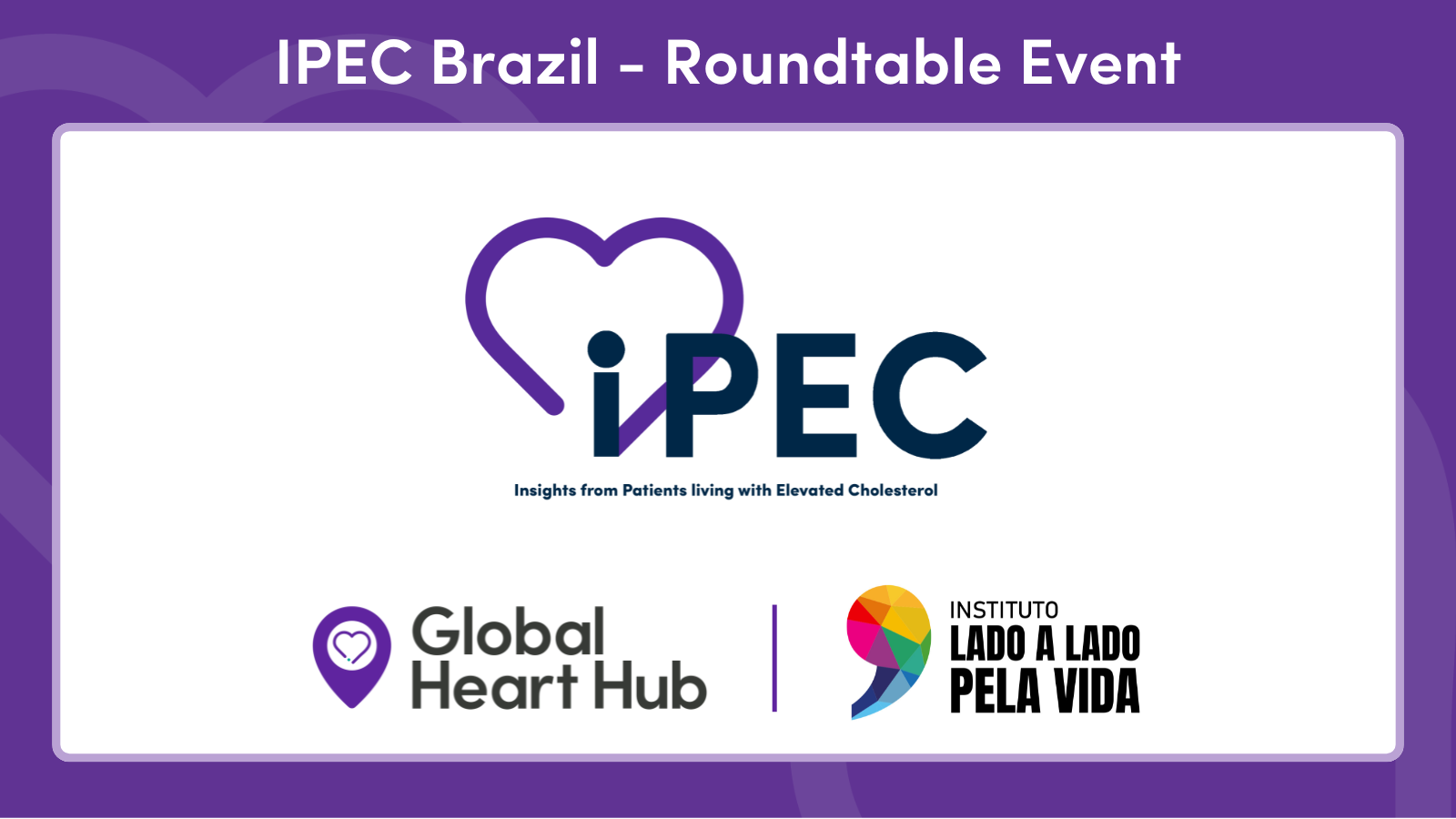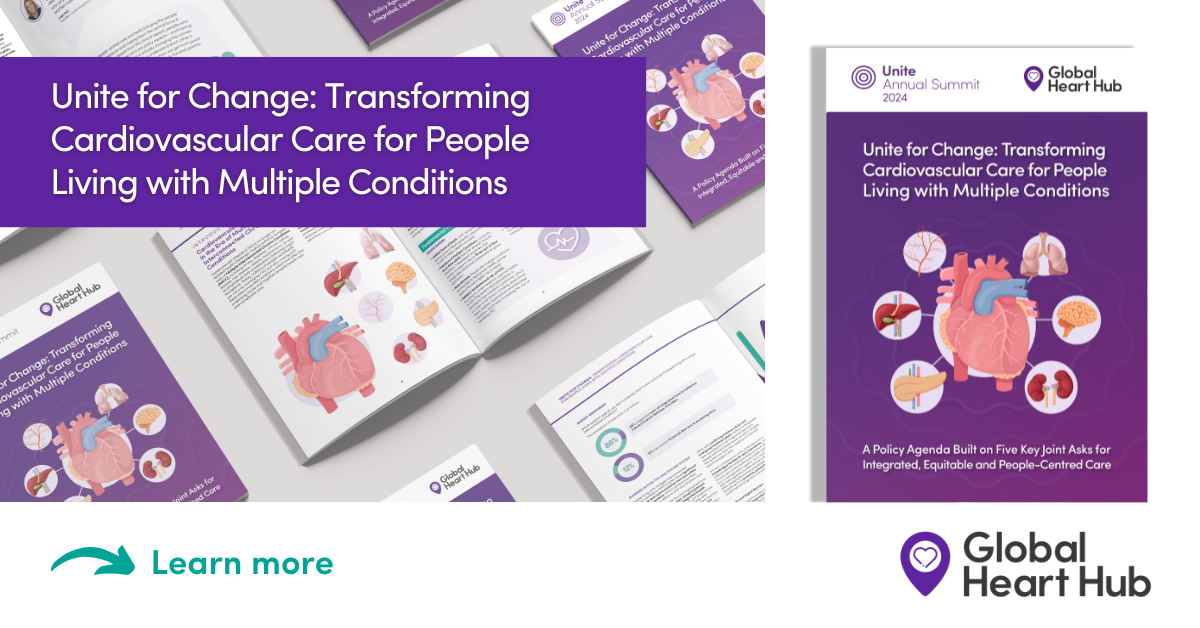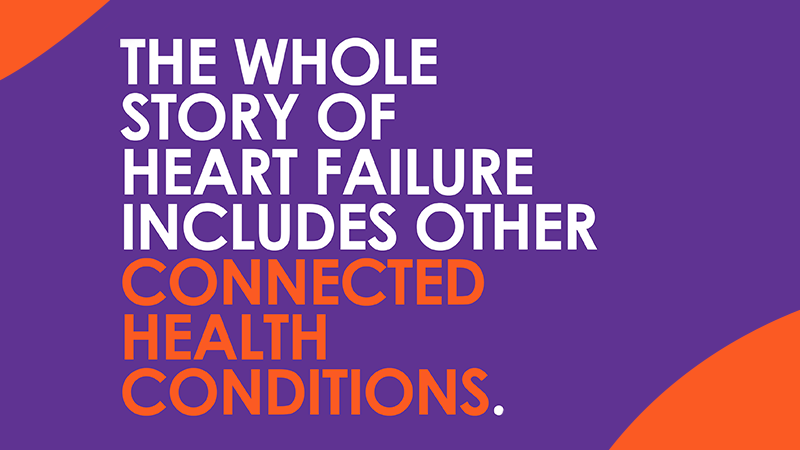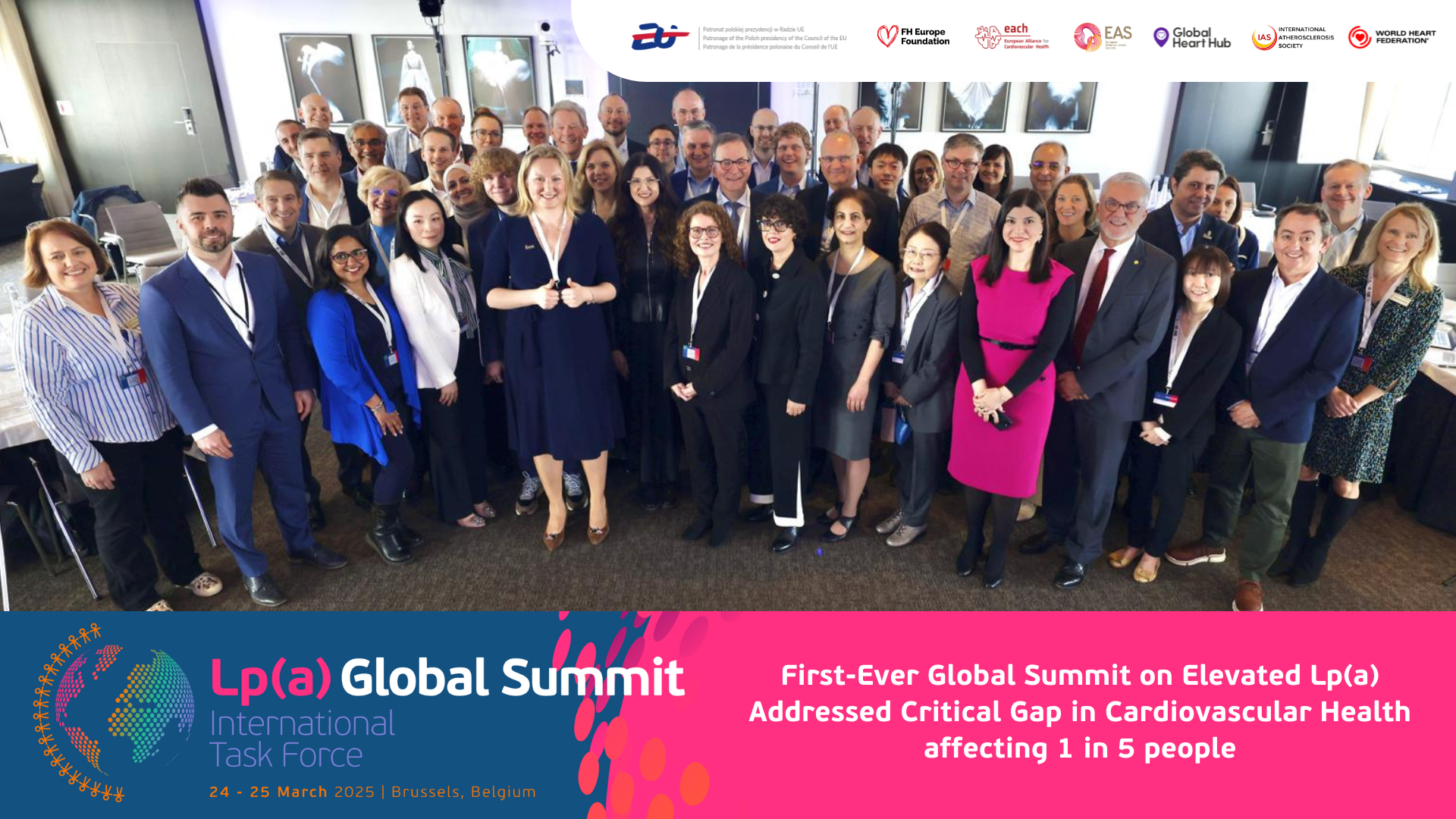Global Heart Hub partnered with its affiliate Instituto Lado a Lado pela Vida, Brazil in convening a national multistakeholder roundtable discussion on integrating patient perspectives into future cardiovascular health policies
Global Heart Hub partnered with its affiliate Instituto Lado a Lado pela Vida, Brazil in convening a national multistakeholder roundtable discussion on integrating patient perspectives into future cardiovascular health policies
On June 18, Global Heart Hub partnered with its affiliate in Brazil Instituto Lado a Lado pela Vida in convening a national multistakeholder roundtable discussion on integrating patient perspectives into future cardiovascular health policies. The meeting was organised and hosted by Instituto Lado a Lado pela Vida who brought together key stakeholders – policymakers, healthcare professionals and civil society leaders, all of whom are committed to reducing the burden of cardiovascular disease which is a leading cause of death in Brazil.

Global Heart Hub’s Executive Director, Neil Johnson together with Fernanda de Carvalho, presented findings from the Global Heart Hub IPEC Study (Insights from Patients living with Elevated Cholesterol), a multi-national patient-led research initiative that collected insights on the lived experiences of individuals from Brazil, USA & Australia who are living with high cholesterol levels.
The IPEC findings were received with great interest from the stakeholders who are all united in the need for a national cardiovascular health strategy for Brazil. Instituto Lado a Lado pela Vida was instrumental in securing the national cancer plan for Brazil and they are now hoping to achieve similar success in the area of cardiovascular health. Among the issues discussed at the meeting were: lack of awareness among the population of the link between high LDL-C and ASCVD; the challenges involved in communicating this risk to a very diverse population across a country the scale of which is bigger than Europe; the sex inequities in CVD across awareness, detection, diagnosis and treatment – similar to every other part of the world, and the lack of awareness of inherited dyslipidaemias. Findings from the IPEC study have already been presented at conferences this year such as ISPOR and EAS and will also be presented at ESC and the annual congresses of the Brazilian Society of Cardiology and the Australian and New Zealand Society of Cardiology.
To learn more about #IPEC visit: https://globalhearthub.org/ipec/





